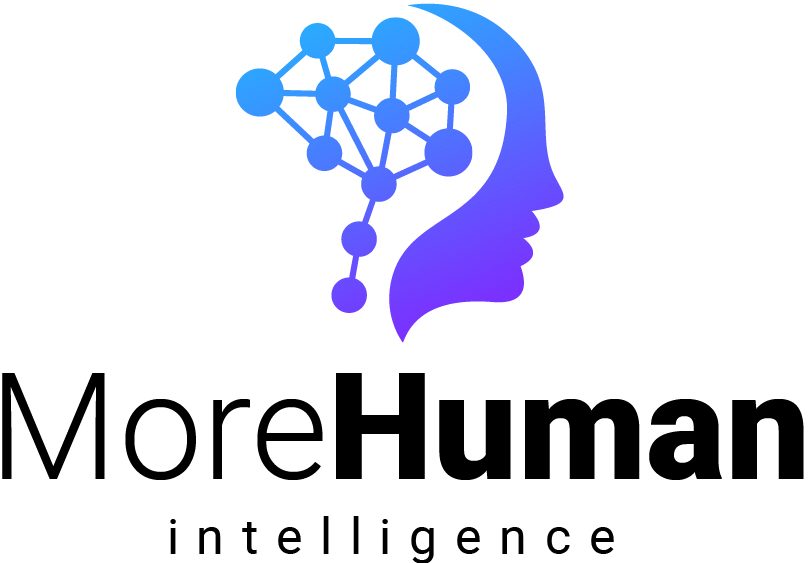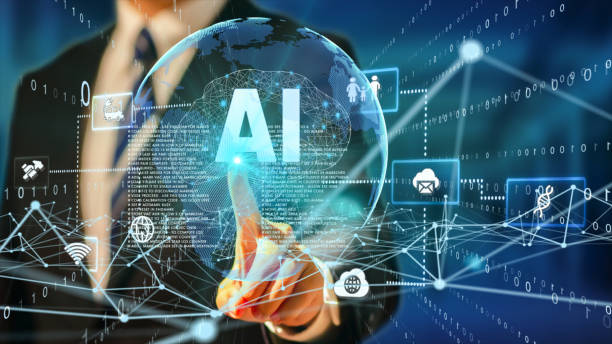Artificial intelligence: Definition
Artificial intelligence is the ability of a machine to show human-like abilities such as reasoning, planning, and creativity.
AI allows technical systems to perceive their environment and deal with it. It also solves problems and helps them achieve a goal. The computer processes data prepared by its sensors, such as a camera, and then responds.
AI systems can adapt their behaviour to a certain extent by analyzing the consequences of past actions and then working independently.
What is AI, and why is it important?
While some AI technologies have been around longer than 50 years, significant advances in computing power, data availability, and algorithms in the last few years have allowed for major AI breakthroughs.
Artificial intelligence is a key component of the digital transformation of society. It has been a priority for the EU.
Although AI will be a major part of the future, it is already a part of our daily lives.
Types of AI
- Software: Virtual assistants, image analysis software, search engines, speech recognition systems, face and voice recognition systems, search engines, search engines
- “Embodied AI”: robots and autonomous cars, drones, Internet of Things
AI in daily life
Here are some AI apps that you might not know are AI-powered.
Shopping online and advertising
Artificial intelligence (AI) is used extensively to offer personalized recommendations to individuals based on past searches, purchases, or other online behaviour. AI is a key component of commerce. It optimizes products, plans inventory, logistics, and many other things.
Search the web
Search engines draw on the large amount of data provided by users to deliver relevant search results.
Personal digital assistants
Smartphones make use of AI to deliver personalized and relevant services. Virtual assistants are now ubiquitous and can answer questions, provide recommendations, and help organize daily routines.
Machine translations
Artificial intelligence is used to improve and provide translations for language translation software that can be used on spoken or written text. This is also true for functions like automated subtitling.
Smart cities, smart homes and smart infrastructure
Smart thermostats can learn from our behaviour to save energy. Developers of smart cities want to regulate traffic to increase connectivity and decrease traffic jams.
Cars
Although self-driving cars aren’t yet common, many cars have AI-powered safety features. For example, the EU helped fund VIDAS, an automated system that detects dangerous situations and potentially fatal accidents.
The majority of navigation is AI-powered.
Cybersecurity
AI systems can recognize and combat cyberattacks. They can also be used to backtrack attacks and identify patterns.
Artificial intelligence against Covid-19
The case of Covid-19 has shown that AI can be used for thermal imaging at airports and other locations. It can be used in medicine to detect infection by computerized tomography lung scans. It can also be used to track the spread and prevention of disease.
Fighting disinformation
Some AI applications can detect fake information and disinformation by mining social media data, looking for sensational or alarming words, and identifying authoritative online sources.
Another example of artificial intelligence is
AI will transform virtually all aspects of our lives and the economy. These are just a few of the many examples.
Health
Researchers are exploring how AI can analyze large amounts of health data to discover patterns that could lead scientists to new medical discoveries and improve individual diagnostics.
Researchers have developed an AI program that can recognize cardiac arrest faster than dispatchers and responds to emergency calls. Another example is KConnect, which was co-funded by the EU. It develops multi-lingual search and text services that allow people to find the most relevant information about medical issues.
Transport
AI could increase the safety, speed, efficiency, and safety of rail traffic by minimizing wheel friction, increasing speed, and enabling autonomous driving.
Manufacturing
Artificial intelligence (AI) can help European manufacturers become more efficient, bring back factories, and optimize sales paths. It also helps predict maintenance and breakdowns and on-time prediction in smart factories.


